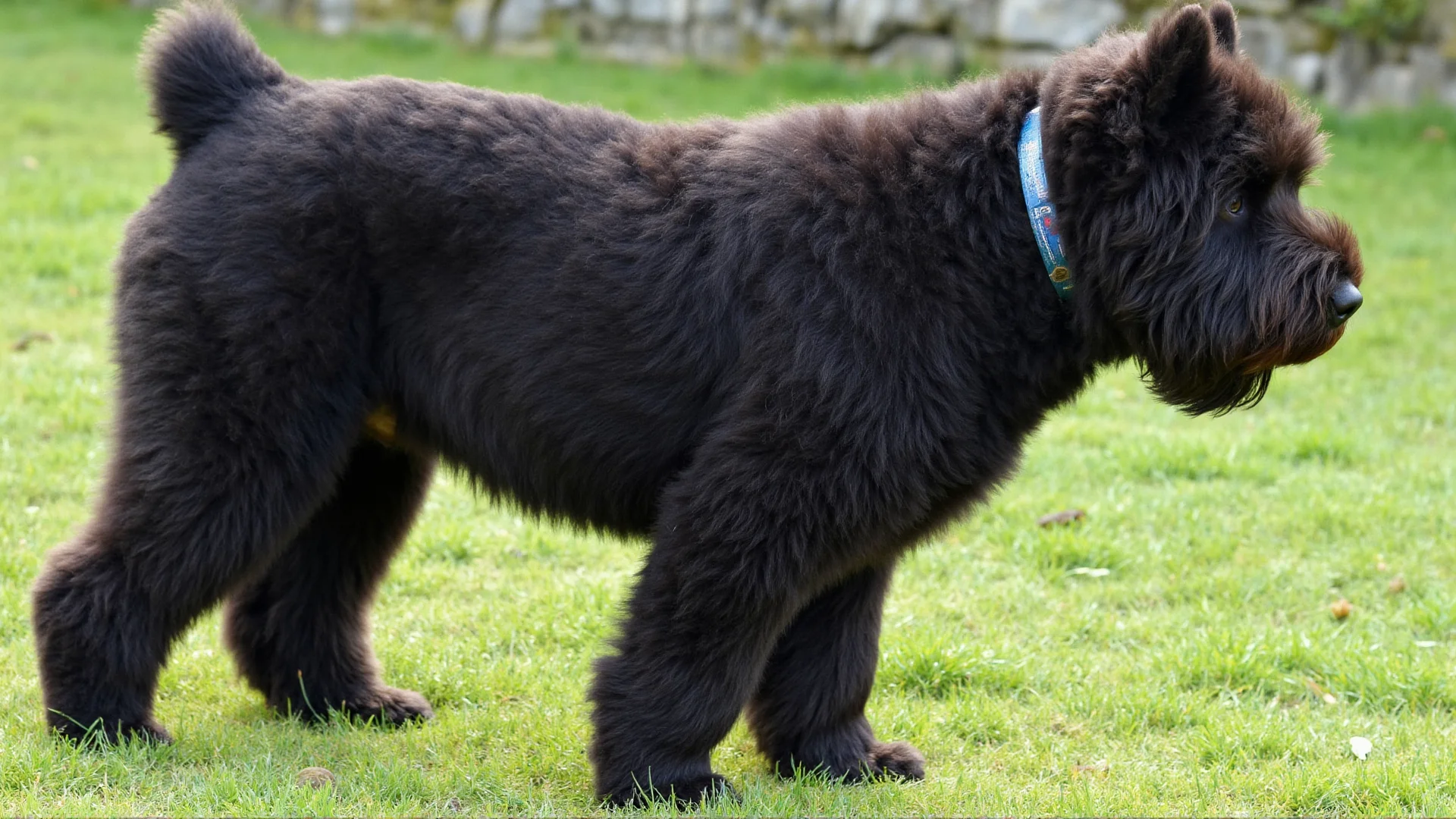The Shetland Sheepdog: Excellence in Working Dog Performance and Training
The Shetland Sheepdog, affectionately known as the "Sheltie," represents one of the most intelligent and versatile working dog breeds in the canine world. Originally bred on the rugged Shetland Islands of Scotland, these remarkable dogs have evolved from humble farm workers to excel in virtually every aspect of modern working dog applications.
The Working Heritage of Shetland Sheepdogs
Understanding the Sheltie's working potential begins with appreciating their remarkable heritage. Developed in the harsh climate of the Shetland Islands, these dogs were bred to work independently while maintaining close cooperation with their human handlers. The challenging terrain and unpredictable weather conditions of their homeland forged a breed that combines intelligence, agility, and unwavering determination.
The original Shetland Sheepdogs were tasked with herding not only sheep but also ponies and chickens, requiring them to adapt their working style to different types of livestock. This versatility has translated into modern working applications, making Shelties exceptional candidates for various professional roles.
Intelligence and Trainability: The Foundation of Working Excellence
Shetland Sheepdogs consistently rank among the top five most intelligent dog breeds, a trait that makes them exceptional working partners. Their intelligence manifests in several key areas that directly contribute to their working dog success:
Problem-Solving Abilities
Shelties demonstrate remarkable problem-solving skills, often finding creative solutions to complex challenges. In working environments, this translates to dogs that can adapt to changing situations and make independent decisions when necessary. Whether navigating obstacle courses in search and rescue operations or adjusting herding techniques based on livestock behavior, Shelties consistently demonstrate cognitive flexibility.
Memory and Learning Retention
The breed's exceptional memory allows them to retain complex command sequences and recall training even after extended periods. Professional trainers often note that Shelties can master new commands with fewer repetitions than most breeds, making them efficient and cost-effective to train for specialized working roles.
Anticipatory Intelligence
Perhaps most importantly for working applications, Shelties display anticipatory intelligence – the ability to predict and prepare for upcoming tasks based on environmental cues and handler behavior. This trait makes them invaluable in dynamic working environments where quick adaptation is essential.
Modern Working Applications for Shetland Sheepdogs
Competitive Herding and Livestock Management
While many Shelties today serve as beloved family companions, their herding instincts remain strong and can be channeled into productive working roles. Modern herding trials and livestock management operations benefit enormously from the Sheltie's natural abilities. Their gentle yet firm approach to livestock handling makes them particularly valuable for working with sensitive animals or in situations requiring precise control.
Therapy and Service Work
The Sheltie's sensitive nature and strong bond with humans make them excellent candidates for therapy work. Their moderate size, gentle temperament, and intuitive understanding of human emotions enable them to provide comfort and support in hospitals, nursing homes, and crisis situations. Many Shelties also excel as emotional support animals and psychiatric service dogs.
Search and Rescue Operations
The breed's agility, intelligence, and strong work ethic make them valuable assets in search and rescue operations. Their compact size allows them to navigate tight spaces, while their keen senses and problem-solving abilities help them locate missing persons efficiently. Shelties have proven particularly effective in wilderness search operations and disaster response scenarios.
Detection Work
Shetland Sheepdogs possess exceptional scenting abilities that, when properly trained, can be applied to various detection tasks. From drug and explosive detection to medical alert work, Shelties have demonstrated remarkable success in specialized detection roles. Their non-intimidating appearance also makes them ideal for situations where a smaller, friendlier-looking detection dog is preferable.
Training Methodologies for Working Shelties
Positive Reinforcement Techniques
Shetland Sheepdogs respond exceptionally well to positive reinforcement training methods. Their eagerness to please and food motivation make them ideal candidates for reward-based training systems. Successful working dog programs emphasize consistent positive reinforcement, using treats, praise, and play as motivational tools.
Progressive Skill Development
The most effective training programs for working Shelties employ progressive skill development, beginning with basic obedience and gradually introducing more complex working tasks. This approach builds confidence while ensuring solid foundational skills that support advanced working behaviors.
Environmental Conditioning
Given their sensitivity, Shelties benefit from extensive environmental conditioning to prepare them for various working conditions. Exposure to different sounds, surfaces, weather conditions, and social situations helps develop the resilience necessary for professional working roles.
Developing Your Sheltie's Working Potential
Early Assessment and Selection
Not every Shetland Sheepdog will excel in intensive working roles, making early assessment crucial. Look for puppies that demonstrate strong food motivation, environmental curiosity, and moderate energy levels. Working prospects should show interest in problem-solving activities and maintain focus during training sessions.
Foundation Training Elements
Begin with essential foundation skills including reliable recall, impulse control, and basic obedience commands. These skills form the cornerstone of all advanced working dog training and must be thoroughly established before introducing specialized tasks.
Specialized Skill Development
Once foundation skills are solid, introduce specialized training based on your intended working application. Whether focusing on herding commands, scent detection, or therapeutic interactions, maintain consistent training schedules and clear performance standards.
Health and Conditioning for Working Shelties
Working Shetland Sheepdogs require particular attention to physical conditioning and health maintenance. Regular veterinary check-ups, appropriate nutrition, and conditioning exercises help ensure peak performance and longevity in working roles.
Physical Conditioning Programs
Develop conditioning programs that build endurance, strength, and flexibility appropriate for your Sheltie's working role. Swimming, controlled running, and agility exercises help maintain optimal physical condition while preventing injury.
Nutritional Considerations
Working dogs have increased nutritional requirements compared to pet dogs. Consult with veterinary nutritionists to develop feeding programs that support your Sheltie's energy needs while maintaining optimal body condition.
The Future of Shelties as Working Dogs
As our understanding of canine cognition and working dog applications continues to evolve, Shetland Sheepdogs are finding new opportunities to contribute meaningfully to human society. Their combination of intelligence, trainability, and moderate size positions them well for emerging roles in technology-assisted detection, precision agriculture, and specialized therapeutic applications.
The key to unlocking your Shetland Sheepdog's working potential lies in understanding their unique combination of traits and providing appropriate training and opportunities. With proper development, these remarkable dogs can achieve excellence in virtually any working role while maintaining the gentle, loving nature that makes them such wonderful companions.
Whether you're considering a Sheltie for professional working applications or simply want to engage your companion dog's natural abilities, remember that success comes from patience, consistency, and respect for the breed's intelligence and sensitivity. The Shetland Sheepdog's legacy as an exceptional working breed continues to evolve, promising exciting opportunities for those willing to invest in their development.




